Sometimes the best man for the job isn't a man
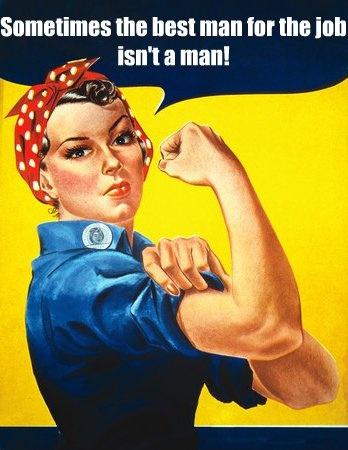
Sometimes the best man for the job isn't a man
In today's society, the idea that the best person for a job may not always be a man is becoming increasingly accepted. Historically, many industries and professions have been dominated by men, leading to a lack of diversity and representation in the workforce. However, as we continue to strive for equality and inclusivity, it is important to recognize that sometimes the best person for a job may not fit the traditional mold of a male candidate.One of the main reasons why the best person for a job may not always be a man is because of the unique skills and perspectives that women can bring to the table. Women often possess qualities such as empathy, communication skills, and emotional intelligence that can be invaluable in a variety of roles. In fields such as healthcare, education, and social work, these qualities are especially important for building strong relationships with clients and providing effective care and support.
Furthermore, women have proven time and time again that they are just as capable and competent as men in a wide range of industries. From science and technology to business and politics, women have excelled in leadership roles and made significant contributions to their fields. By recognizing and valuing the talents and abilities of women, organizations can benefit from a more diverse and inclusive workforce that is better equipped to meet the challenges of today's rapidly changing world.
It is also important to consider the impact of gender diversity on innovation and creativity in the workplace. Research has shown that teams with a more equal gender balance are more likely to generate new ideas and solutions, leading to greater success and competitiveness in the market. By embracing the idea that the best person for a job may not always be a man, companies can foster a culture of creativity and collaboration that drives innovation and growth.
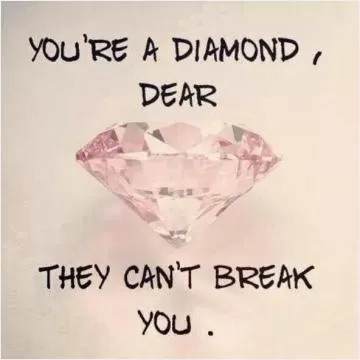
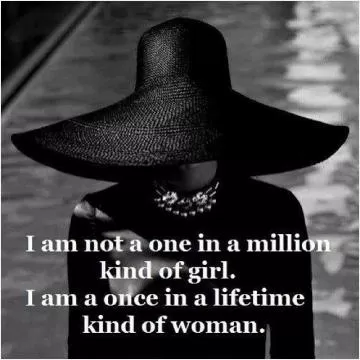
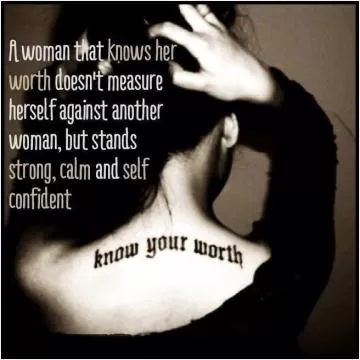
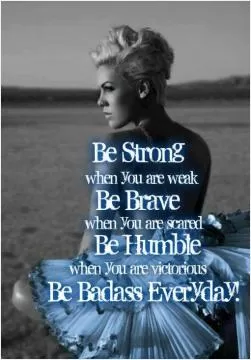
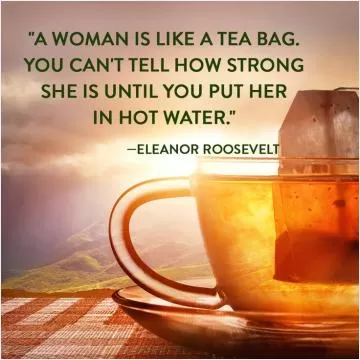
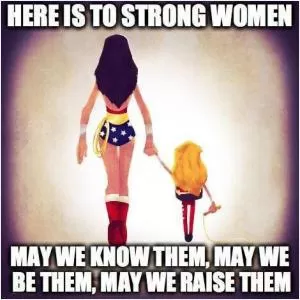
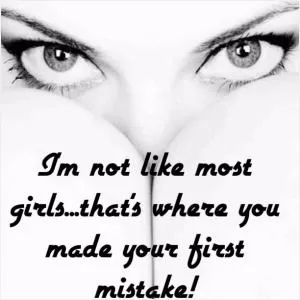
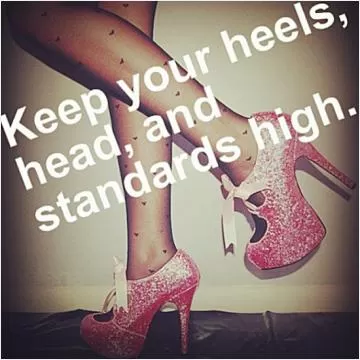
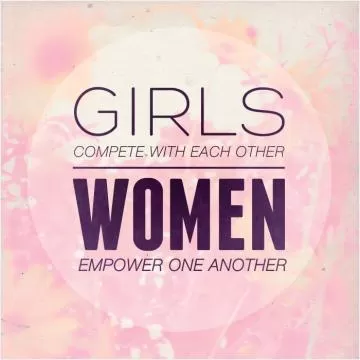
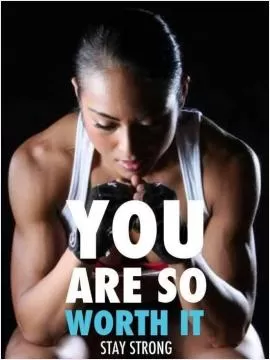
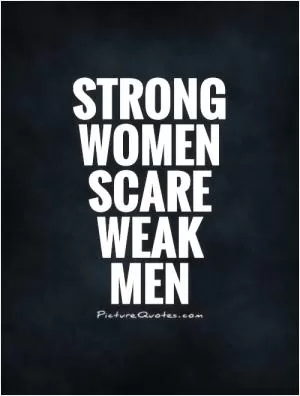
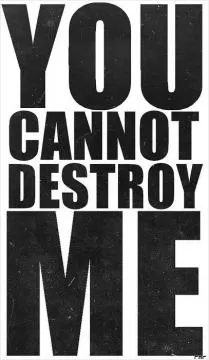
 Friendship Quotes
Friendship Quotes Love Quotes
Love Quotes Life Quotes
Life Quotes Funny Quotes
Funny Quotes Motivational Quotes
Motivational Quotes Inspirational Quotes
Inspirational Quotes